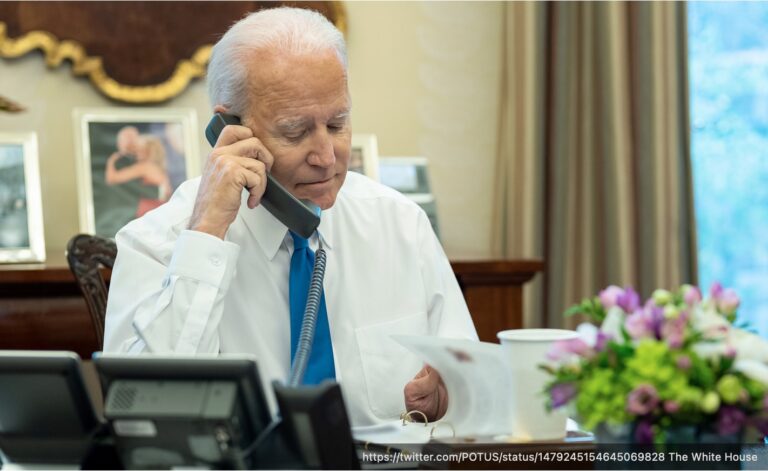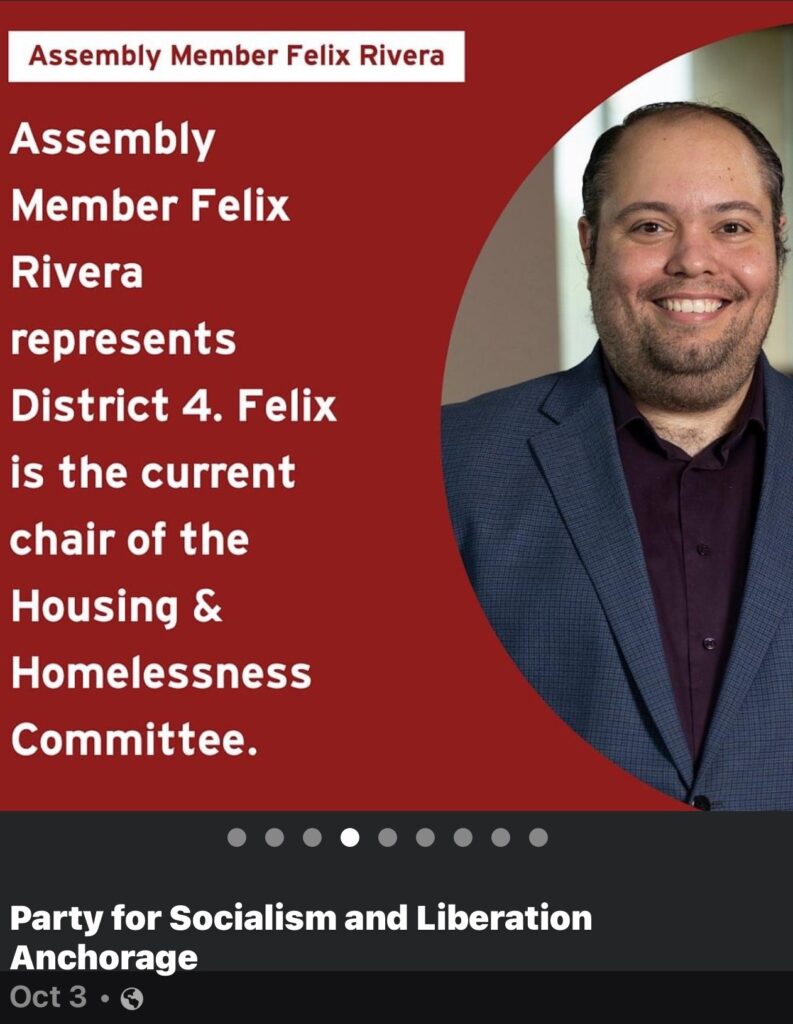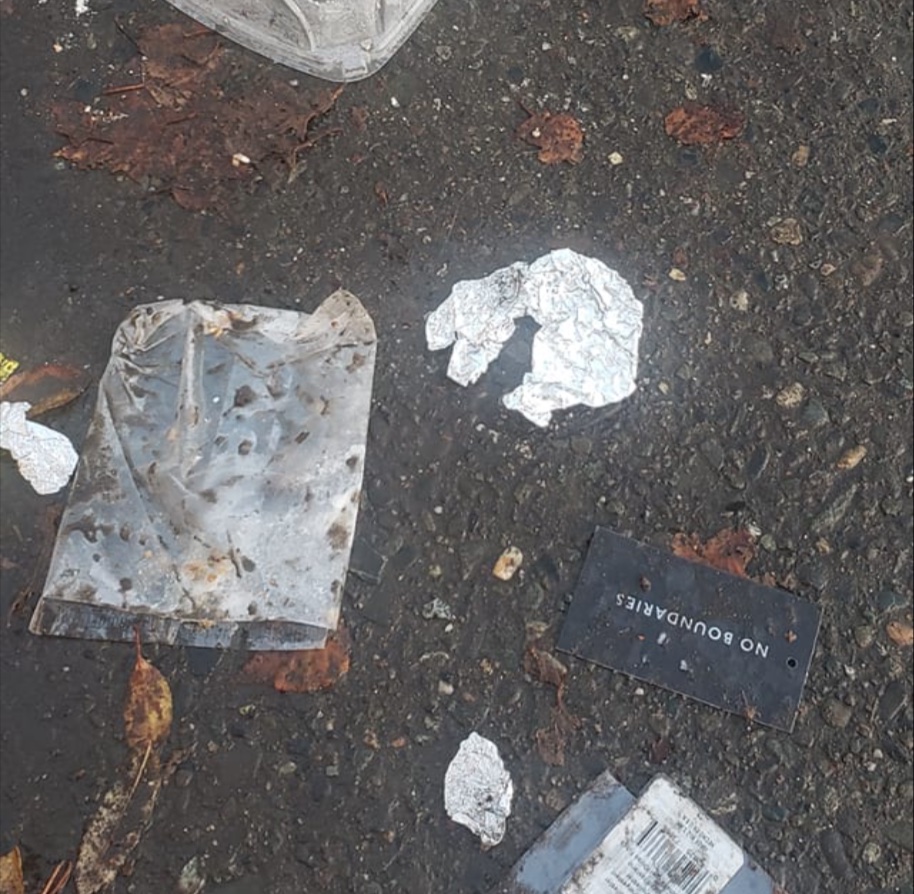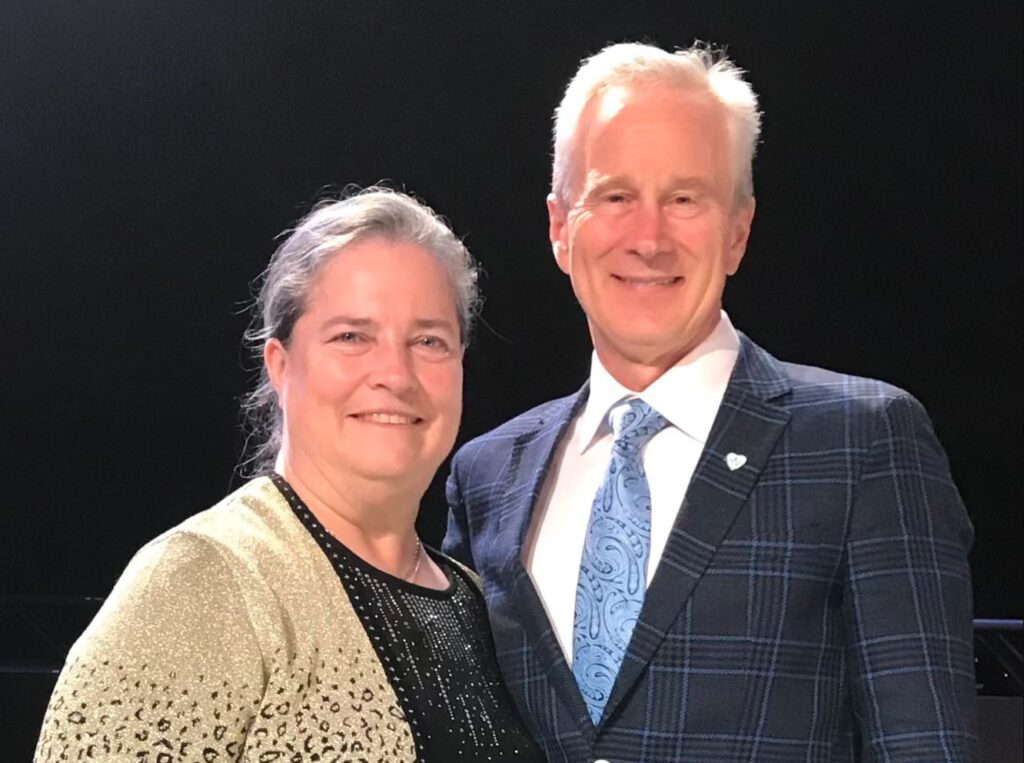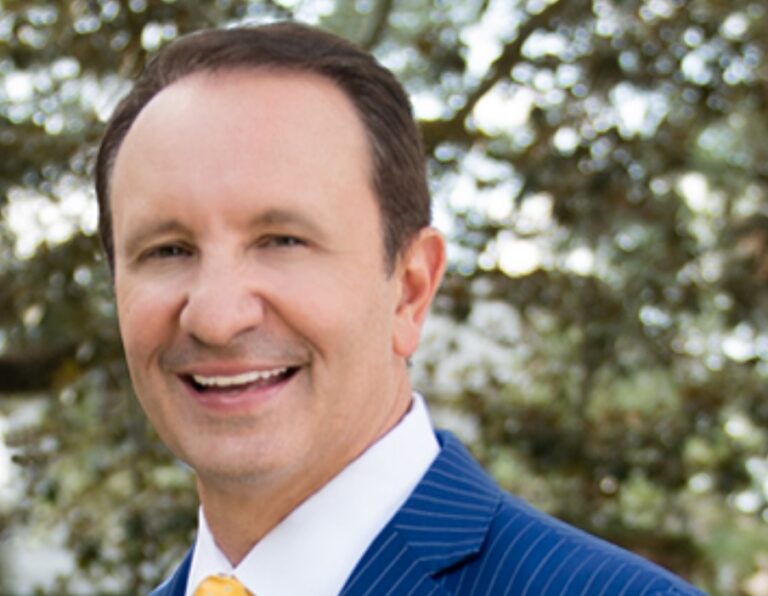By CURTIS SCHUBE | REAL CLEAR WIRE
When it comes to the federal government and responding to Freedom of Information Act (FOIA) requests, it is so commonplace for federal agencies to drag their feet and not provide fully responsive documentation that it is not even newsworthy when those agencies do not comply with the law.
Instead, they miss deadlines and redact perfectly responsive and unprivileged information. This runs contrary to the purpose of FOIA, which is to allow citizens access to the activities of their government.
Numerous examples abound, as evidenced by the fact that the number of FOIA cases being taken to court has ballooned over the past decade. Perhaps this is because, in this era of mistrust in our government, the number of requests has also increased dramatically. Agencies have responded in kind by demanding more from requesters. They are expected to know, and say, the correct combination of buzzwords (even officials’ email addresses at times!). This requires fluency with the agency’s inner workings, which all but the most sophisticated requesters do not have.
While FOIA has seen several reform efforts over the years, and several agencies have made small regulatory changes, few if any of these changes tend to make a dent. For instance, in 2016 Congress amended FOIA to establish an enhanced harm standard for agency redactions that was intended to limit abuse of the nine exemptions available to protect particularly sensitive, private, or deliberative information.
The amendment required agencies to conduct the harm analysis down to the sentence and even further. A few agencies took the reforms to heart, but for the stat, requesters still overwhelmingly receive large swaths of documents completely blacked out with conclusory statements citing one of the nine exemptions (i.e., virtually no attempt to segregate and produce all responsive parts of records).
From an agency’s perspective, the increased FOIA burden is often seen as a pointless distraction that devours scarce resources and whose noncompliance presents little to no consequences. The 2016 amendment – hailed as one of the most robust in the law’s history – bears this out. Reforms that don’t recognize and address agency incentives are doomed to fail. While requesters want greater transparency, federal bureaucrats typically just desire less work.
To this effect, we have identified a series of reforms that attempt to change agency incentives at the individual level, reduce backlogs for the most frequently requested records, and impose uniformity where there is arbitrary decision-making.
One such mechanism is a dramatic expansion of proactive disclosure obligations to include the administrative record (which provides the rationale for government decisions), senior officials’ calendars and external communications (which shows outside influences on their actions), ethics records (which show potential conflicts of interest), and settlement agreements (which show the details of settlements between government and public interest groups).
All of these records are vital to transparency and are a source of burden for the agencies (both in the search and production phases, as well as in the often unavoidable litigation phase). To be successful, agency compliance must be automatic and not subject to record custodians’ whims or bureaucrats’ prioritization with other incoming requests or duties.
Forcing agencies to take ownership over FOIA request backlogs, including consequences for noncompliance, would incentivize compliance. Reform could include limiting non-essential travel, such as conference attendance, unless FOIA request backlogs are caught up. Also, forcing the agencies to participate more actively in FOIA noncompliance litigation, rather than passing off the litigation to the Department of Justice, would force the agencies to take ownership of FOIA compliance.
Another problem is inconsistency among agencies, which lends credence to concerns of arbitrary hurdles being erected that reduce transparency. The same request can be sent to two different agencies. One response may be forthcoming, while the other restricts access to the same types of records.
A simple solution could be an estoppel system whereby when one agency responds to a particular record, precedent is set for that type of record for all federal agencies. Finally, several categories of records unique to certain agencies, such as immigration or social security records, constitute a disproportionate amount of FOIA requests and could benefit from a separate process.
These changes are both significant and common sense. They would both reduce the workload of federal agencies and increase access to government records for the people. They are neither ideological nor controversial. Liberals and conservatives alike would benefit from these policies.
In an environment where the need for transparency is at an all-time high, now is the time to fundamentally reform FOIA and restore the law’s original intention: transparency.
Curtis Schube is the executive director for the Council to Modernize Governance, a think tank committed to making the administration of government more efficient, representative, and restrained. He is formerly a constitutional and administrative law attorney.
This article was originally published by RealClearPolitics and made available via RealClearWire.

